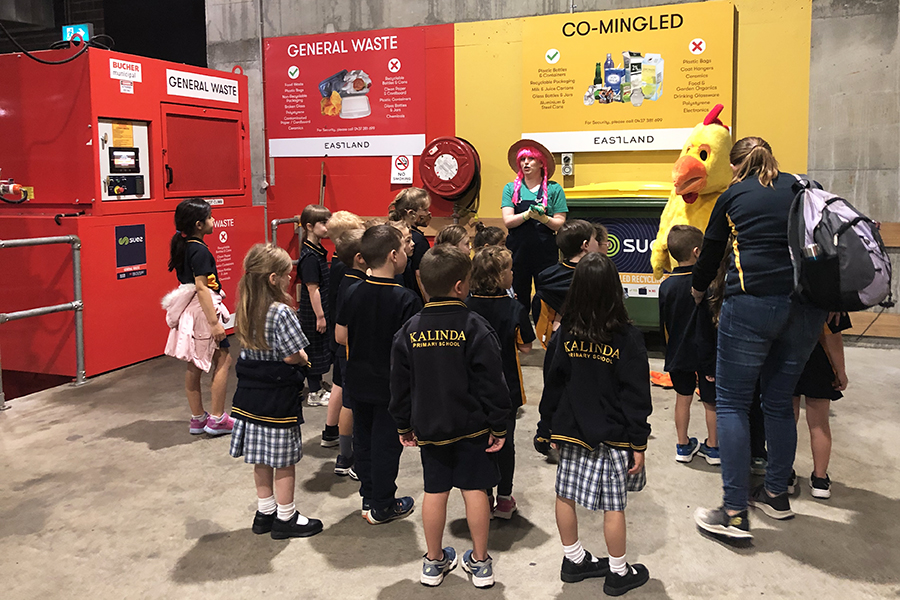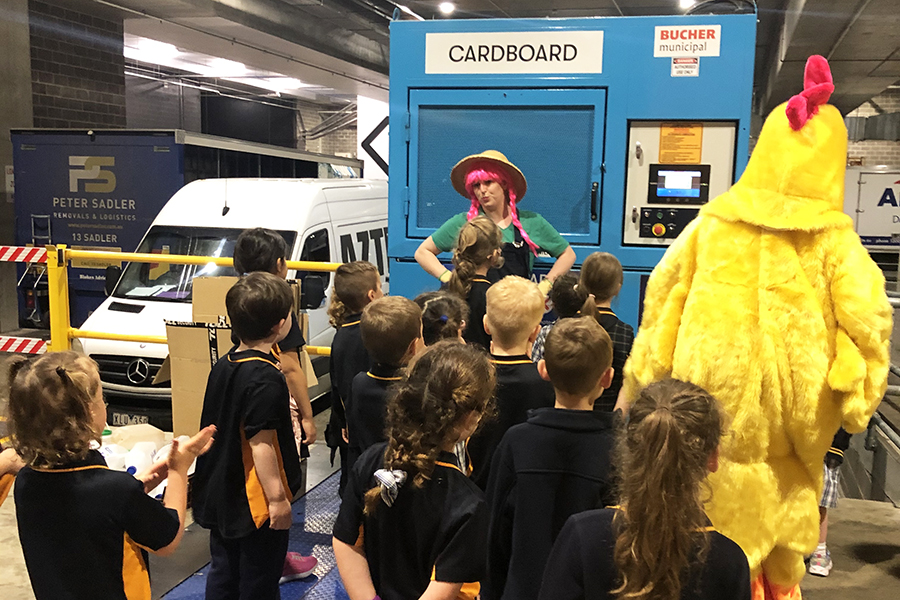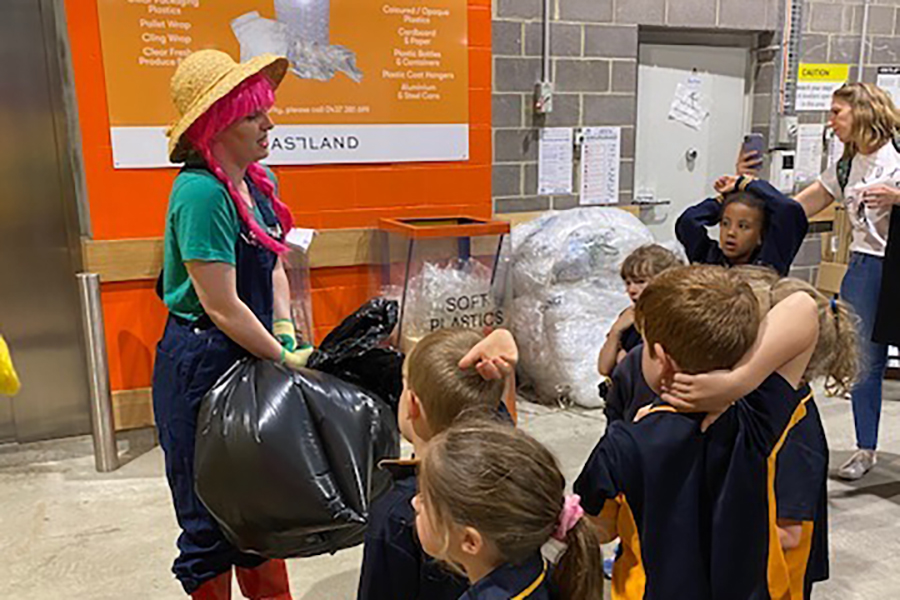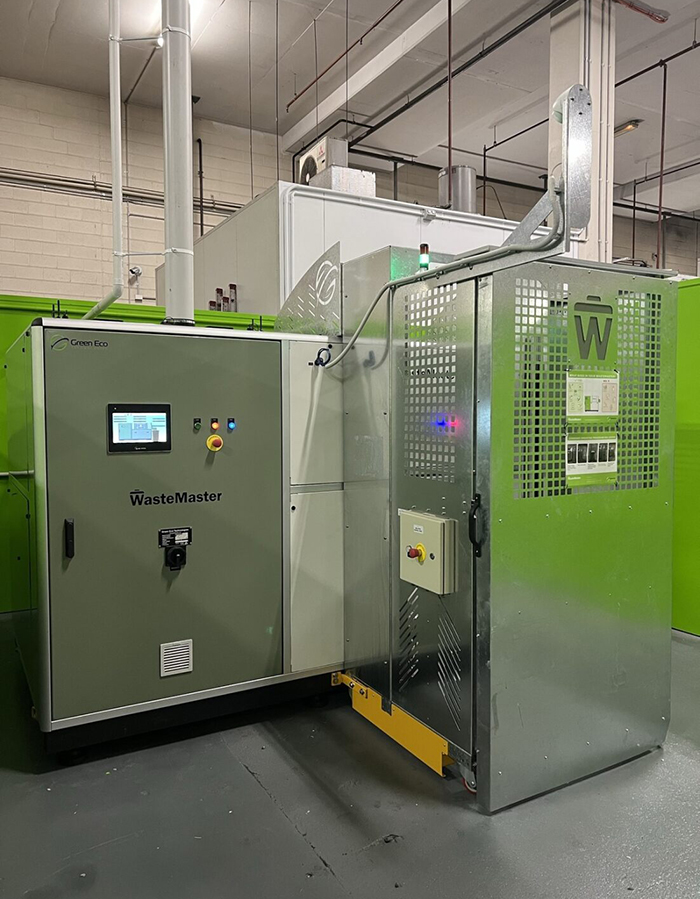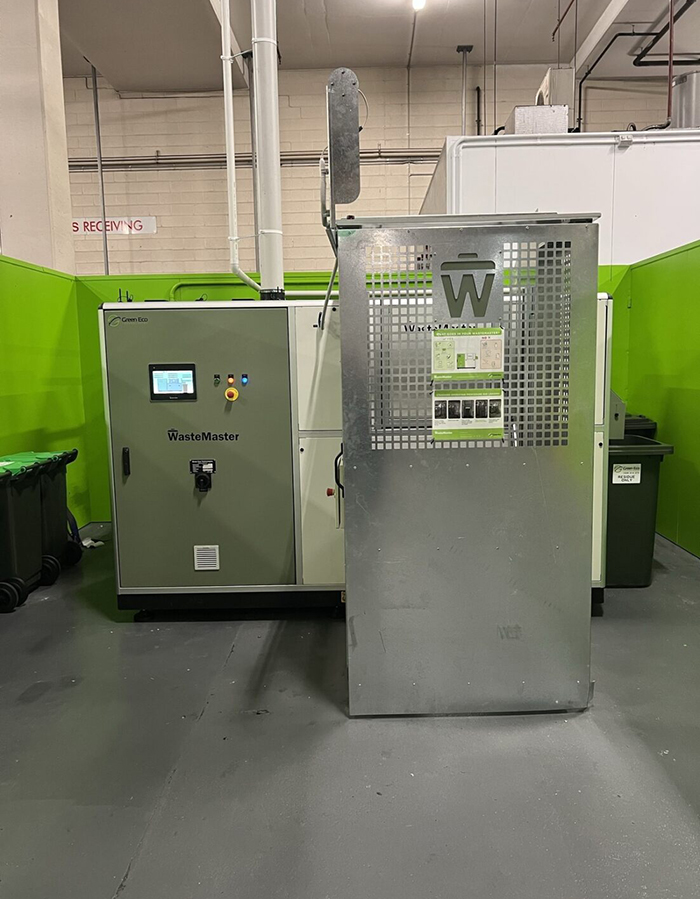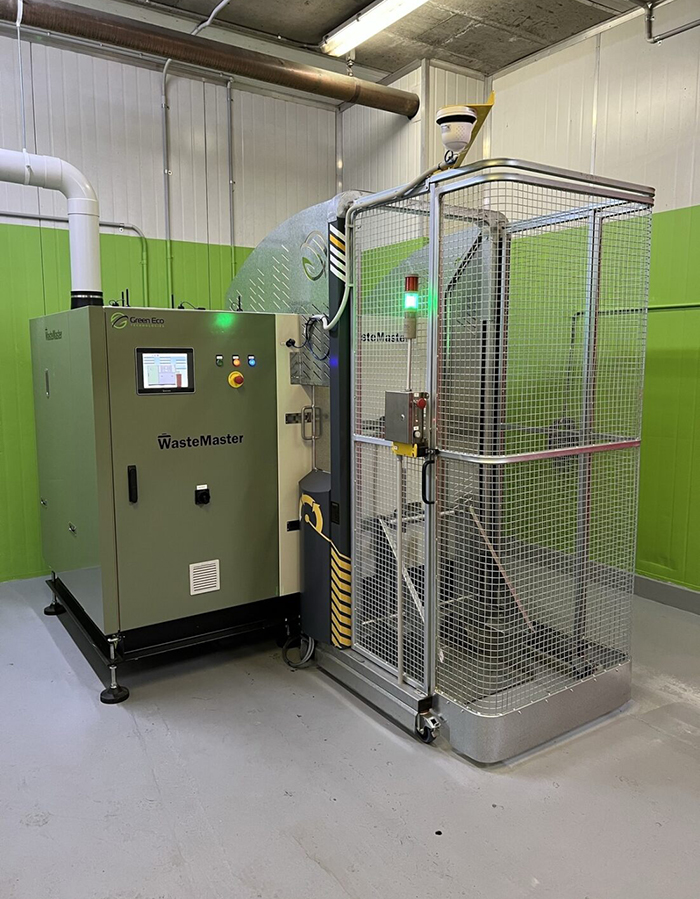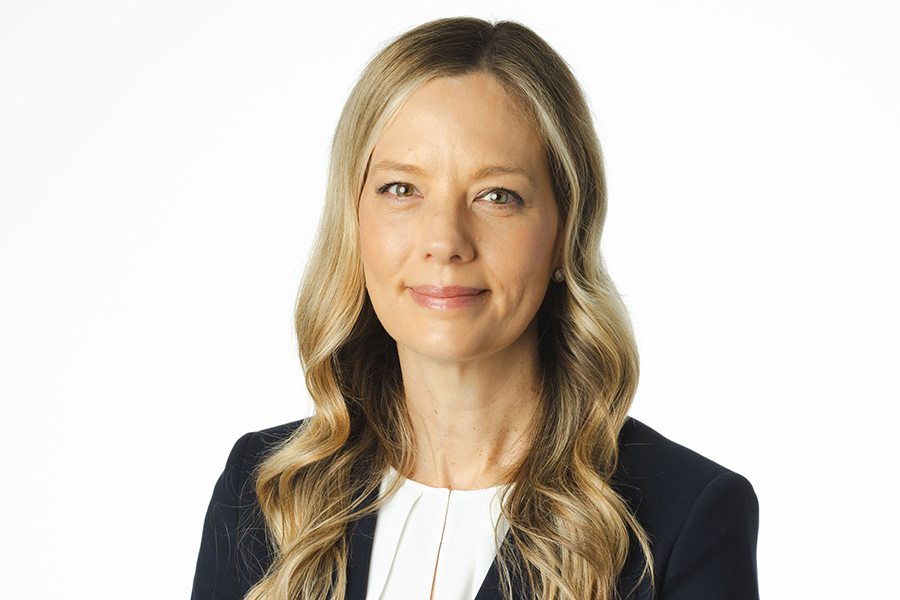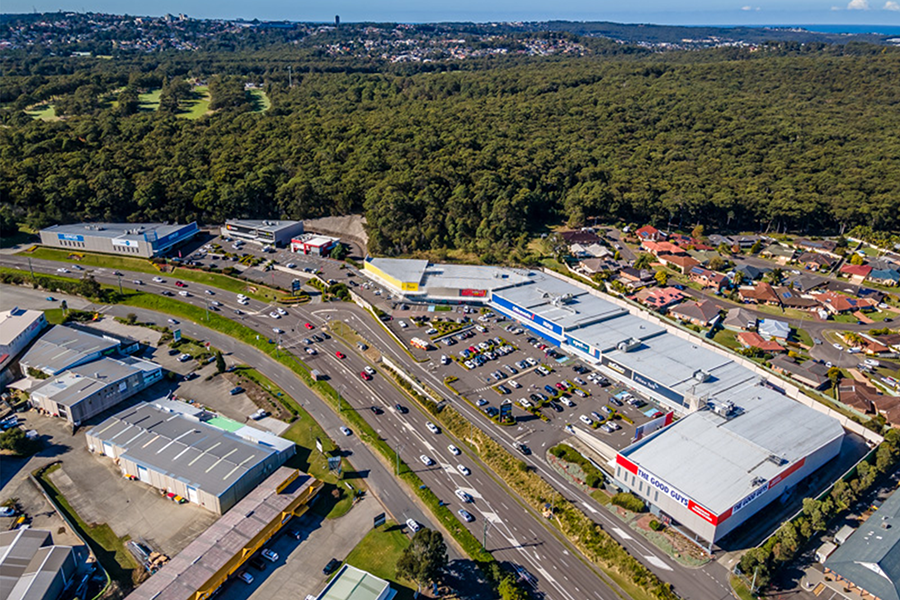Local children are getting a first-hand lesson in sustainability with school tours of QIC’s Eastland shopping centre. The tours take in Eastland’s ground-breaking organic recycling technology as it converts mountains of food waste into a reusable residue that is turned into garden compost and green energy for powering homes.
Sustainability is one focus of the free school tours conducted at Eastland and open to students across Maroondah and beyond. Students typically spend half a day at Eastland, participating in three 45-minute activities, which also include a visit to the Friendship Ninja Zone for a friendship skills workshop from the URStrong Friendology program.
More than 26,400kg of organic waste has been processed by Eastland’s WasteMaster system in its first six months of operation. This is waste that would otherwise have gone into landfill, generating harmful greenhouse gases.
The recycling system has prevented 47.26 tonnes of greenhouse gases from being released into the atmosphere, the equivalent of taking 5,783 cars off the road.
“Eastland is continually researching and investing in solutions for a cleaner, greener planet,” said Eastland General Manager Greg Balmforth.
“Food waste contributes 8-10% of global greenhouse gas emissions and accounts for 41% of total waste produced at Eastland, so our investment in the WasteMaster system is having a really meaningful impact on reducing our environmental footprint.”
WasteMaster has also dramatically reduced the volume of Eastland’s organic waste, turning the 26,400kg of waste into 3661kg of a compost-like, reusable residue. This 86% reduction in organic waste volume has meant far fewer rubbish truck pick-ups.
Eastland’s five biggest producers of organic waste – Boost Juice, Bakers Delight, Breadtop, Ferguson Plarre and Omed Fresh Market – are using the WasteMaster system, with plans to add the remaining retailers to the program in coming years.
Public organic waste bins are also planned for the food court by the end of 2025, with this waste also to be diverted to the WasteMaster system.
Over the life of the five-year pilot, the WasteMaster system is expected to process about 1,600 tonnes of organic waste, converting the waste into about 325,000kg of reusable residue.
The onsite WasteMaster system, which measures just 3.2m x 2.5m, works by using charged oxygen molecules to blast the cell walls of food waste, accelerating the decomposition process.
This takes between 12 and 20 hours, depending on the type of waste loaded, and is done without the use of water, bacteria, enzymes, or other additives.
The residue is then transported weekly to a local facility where an anaerobic digestor converts it into compost and green power.
WasteMaster is Eastland’s newest investment in reducing its environmental footprint. It follows other sustainability initiatives, including installation of an onsite 1.32MW solar system, upgrading car parks to LED lighting and CO2 sensors to regulate exhaust fans, reducing the centre’s power consumption on Critical Peak Demand days to help protect the community’s electricity supply and removing paper towels in bathrooms.



